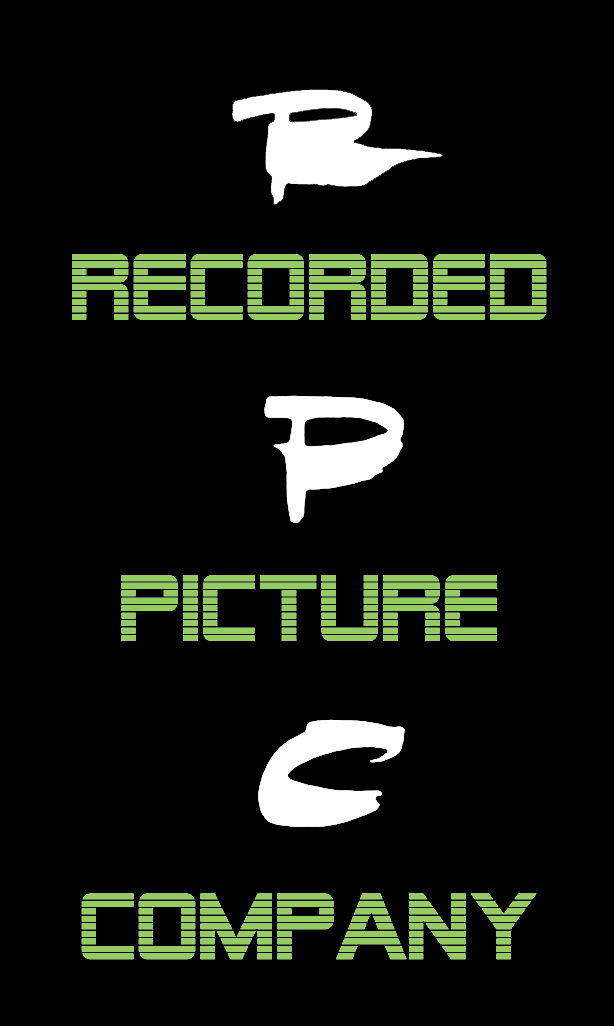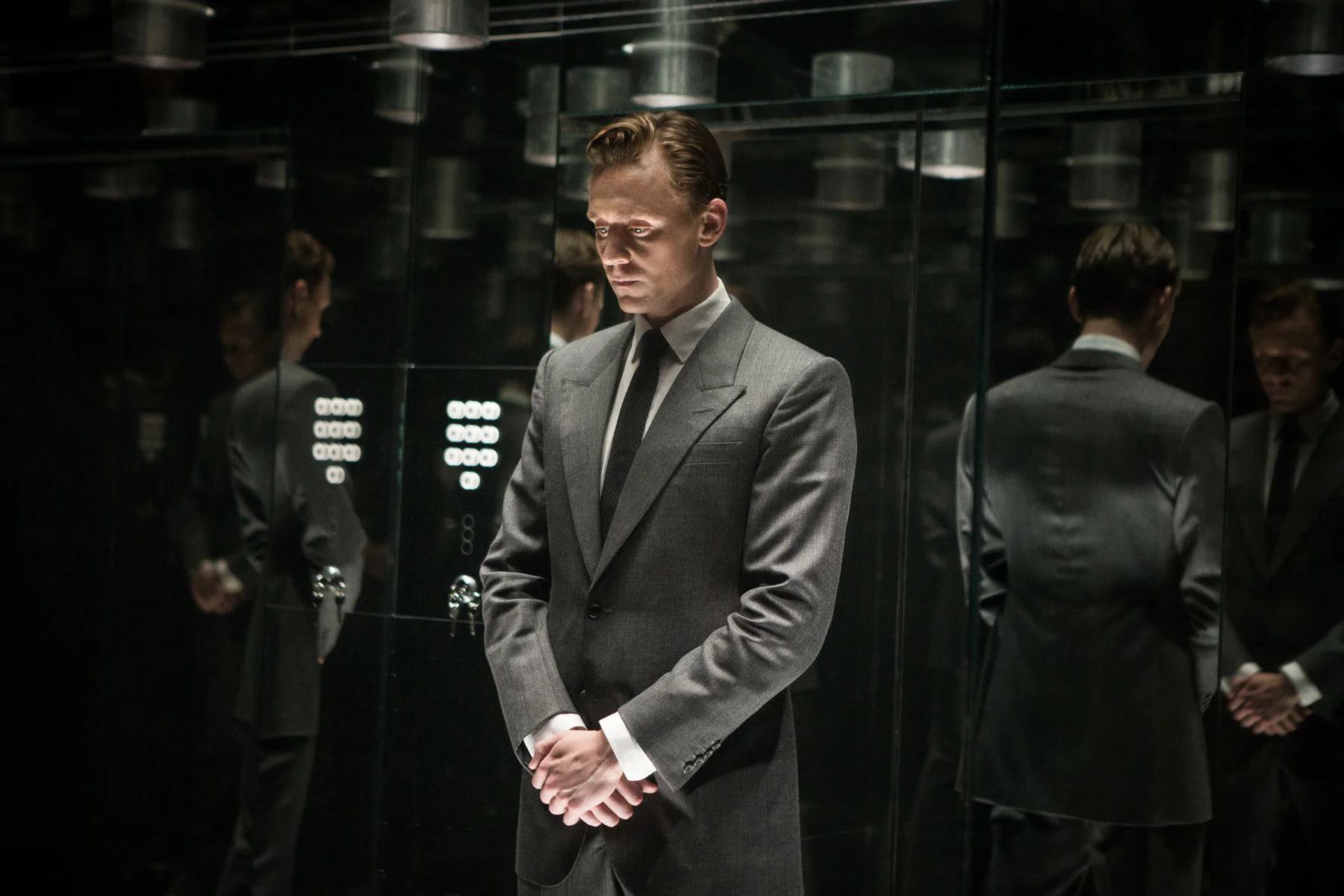Jeremy Thomas reflects on High-Rise and four decades in the mix
Tom Hiddleston in High-Rise (2015).
ALI JAAFAR – DEADLINE – 16th September 2015
For 40 years, iconic British producer Jeremy Thomas, whose latest feature High-Rise world premiered at Toronto, has been challenging audiences — and his financiers — with uncompromising, auteur-led fare through his Recorded Picture Company. His filmography is studded with upscale productions and earned him a special place in cinematic history. Whether becoming the first Western producer to shoot in China’s Forbidden Kingdom for Bernardo Bertolucci’s The Last Emperor in 1987, or succeeding in adapting William S. Burroughs’ notoriously unfilmable Naked Lunch in 1991 with David Cronenberg, Thomas has made a career out of making the impossible seem ordinary. Jonathan Glazer’s Sexy Beast, Cronenberg’s Crash and Richard Linklater’s Fast Food Nation are just some of his previous credits.
His latest, another J.G. Ballard adaptation High-Rise with up-and-coming Brit director Ben Wheatley about class warfare in a 1970s tower block, has debuted to good reviews and should close a domestic deal by the end of the the festival. As ever, it is being sold by his own sales company, Hanway Films. What makes Thomas so unique is he has allied his own esoteric creative tastes with a keen business sense. He had his own in-house sales operation years before the likes of FilmNation and IM Global launched. What’s more, he was one of the first producers to realize the important of retaining ownership of one’s own prints.
Thomas recently sat down with Deadline to look back.
DEADLINE: You produced your first film, Mad Dog, 40 years ago. What has changed in that time?
THOMAS: In terms of putting a film together, nothing. The biggest change in general has been going digital. That changed the manufacturing of film, which has now virtually disappeared. That then affected where the films were being shown and how you got resources for making them, all the way up to the fantastic miniseries you see now on Netflix and down to making little films, films with different budgets, very low budgets, and the way those films are distributed. When I started, there was no video. You just made films for the cinema and a couple of channels on TV. Then I went through video cassettes, 8-tracks, DVDs and mini-DVDs, LaserDisc, and so on. It’s a big change for a producer, not so much in content. I’m still doing the same things. When I started we made a budget on a piece of paper, with a pencil, rubbing out as we went along: how many horses will we need, how many carriages, etc. The budget was very simple. You just went through each department on a piece of paper. There wasn’t even a photocopying machine. You’d make copies using carbon paper. Every time you wrote a letter, you’d use carbon paper. That’s the era I started, and it wasn’t even so long ago. It’s been such a gigantic change, so fast. And it has accelerated over the last 20 years.
DEADLINE: How do you think those changes have affected the kind of films being made?
THOMAS: It’s like Sunset Boulevard. The movies have gotten small. When you go see a film in Leicester Square, it’s magnificent, a real experience to see a film in a room full of people in the dark. For me, it’s the optimum way of seeing cinema just like Mozart should be heard in a concert hall with a great live orchestra. But I accept there may be other commercial arguments. We only really look at paintings these days on printed pieces of paper, not in a gallery anymore. People are happy to read books on Kindle. It’s all changing so you’ve got to keep it all wide open. The biggest thing with the digital revolution is the way films are shown and presented. Because a lot of these TV series are really actually films. They’re written by film writers, except they now are called showrunners. The director is still the director. He sits on the set, says action and cut, puts the actors in place, edits the film. chooses the music, oversees the mixes. Essentially he’s directed a film but for whatever reason when it comes to TV, the directors are secondary unless it’s someone like David Fincher. Can you tell me the directors’ names in Game Of Thrones? Those brilliant directors who make it all have now faded into the background as being the technician. He’s just a technician, like the DP or soundman.
DEADLINE: Why has it taken you so long to get High-Rise off the ground?
THOMAS: Somehow I’ve had a lot of projects that I’ve loved and put them in the store cupboard. And I kept them going and then the right things happened and you get to make the films you still believe in. Kon-Tiki is an example. Crash and Naked Lunch are two others of things that have matured for a long time. As was High-Rise. First of all, Nicolas Roeg wanted it to make it years ago, long before I even did Bad Timing with him in 1980. When I sniffed around it was already optioned. These special books are often optioned by people who have become infected by them. They’re often taken. The Sheltering Sky was one project we eventually managed to get from somebody else’s dream and make it a reality. So High-Rise was another dream. I’d been going up various avenues with that film over the years and I never got to a place with the film that would equate. I was always thinking of futurology because it was written in 1975. Then I got a call from my son, who works at Independent Talent Agency, who worked with Ben Wheatley’s agent, who told him Ben loved High-Rise. I’d seen Ben’s Sightseers and I had liked it so much I’d seen it twice. I found I amusing and I liked the sense of humor and sensibility in it. I saw his other movies. They were it was perfect in terms of the tone. Ben’s idea was to set it when it was written, in 1975, on the cusp of Thatcher coming to power. I realized I been going up the wrong track with it by trying to set it in the present when actually it was more contemporary by setting it in that period, although the 1970s wasn’t period to me, it was my life.
DEADLINE: What did your experience producing your first film, Mad Dog, 40 years ago, teach you?
THOMAS: I got screwed up badly on Mad Dog in terms of the business. It was terrible. It was my first film. There were lawsuits. I got a baptism of fire. American courts, this, that and the other. I saw it all. Then I was introduced to some people who worked in sales, who showed me the way. I was making the films but they showed me how to be independent. People like Robert Stigwood and John Heyman. So we set up all these films and we sold them and built a few businesses. I became a big businessman as well. We had film trustees, with tens of millions. I had a very fertile period when people wanted to know what I was doing. It sort of peaked with The Last Emperor and continued in a certain way with Little Buddha. And then cinema changed. I could never make those films today. It’s impossible to even consider making those films today. Firstly, you don’t need to make films like that anymore because they’re not feasible. The Last Emperor wouldn’t be made like that anymore, maybe we wouldn’t even go to China. All those adventures we had, the real-life adventures we had under canvas in danger, without water, with cameras and film stock cracking in the freezing cold or hot and all of that. That adventure is over. Maybe you can get it in a small sense, but that element of film has changed. Hanway came out of my needs. I needed to remain independent. The economy I’m working in, the independent film business, the only good thing about it is that you’re independent. The pressure is your own pressure that you make for yourself. It’s not outside pressure. The pressure is internal, not external.
DEADLINE: It is that kind of pressure which lead you to cold-calling banks out of the Yellow Pages to raise financing? There’s the famous story about The Last Emperor.
THOMAS: Well, I’d use my iPad now. The Yellow Pages is gone but I’d let my fingers do all the walking. Back then we would go through it looking for merchant banks. We got to H for Hill Samuel and we had a meeting with them. They didn’t finance the first film we discussed with them but when it came to The Last Emperor, Rodney Payne took us into the chairman Brian Quick, who told us they really wanted to get into China big time. And they helped finance the film and it came through the Yellow Pages.
DEADLINE: Is there a lesson you’ve taken through with you since Mad Dog?
THOMAS: Yeah, everything is connected. All money is connected. Mad Dog is now called an Australian screen classic. Can you believe it? They’ve written a book about it. What did I learn on it? All knowledge is connected. I’m pretty fearless as you can see from my films. I’m not frightened of the project or how I’m going to make it. Thing like how am I going to get through the Sahara or go to the top of the Himalayas with a film crew. I’m not worried about that. The physical side of it, that side of filmmaking is the easy part because it’s tangible. You can touch it. What’s the problem? We can sort it out. We’ve got to get them there, we need food, the location’s been flooded, the generator’s fallen in the harbor, we can’t light the shoot, the gaffer has committed suicide, whatever. All true stories by the way. These things that happen to you on a film set, we can deal with all that. It’s the rest of it that is the most difficult to deal with. The business side and the fidelity of others. That’s the most difficult area to deal with for somebody like me. The business has changed enormously from phone calls, one-page deals to multipleipage contracts before you feel safe. There was a moment after I became a little bit successful where I could ring up some investors and say, “I’m making a film for 5 million, I need a million.” They’d ask for a couple of days and come back and say, you’re on. Who is going to be in it? I’d promise to give them some decent stars. And that was it. And some of these were big companies. So really we were making films and selling them for 140%-150% of the budget, like the Netflix model. But you were selling them to different distributors who were healthy themselves. Now the business has changed. When you look at the credits, that’s the road map of the film. You understand how the film was put together. You see why was that compromise made. You didn’t realize, for example, that all the sound was done in Russia and even if it means there’s something strange about the dubbing, you do what you have to do so that so put your film together.

